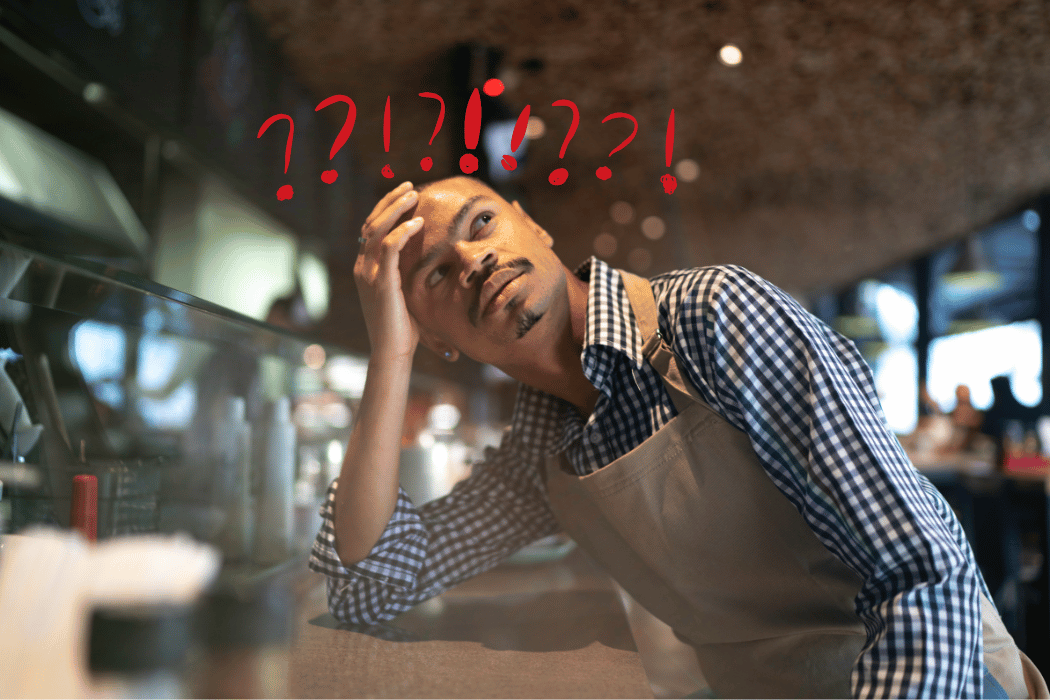
Small business owners across the political spectrum are united in concern about the economy as tariff announcements create “whiplash”
A national survey of small business owners reveals widespread concern about the U.S. economy, particularly fueled by the “whiplash” caused by recent trade policy. In a snap survey of 501 small business owners in the Small Business for Americas Future Network, 63 percent believe the American economy is on the wrong track. The survey found that the impact of tariffs is a particular concern, with 78 percent of respondents expecting increased costs for imported materials and 71 percent anticipating they will need to pass these higher costs on to consumers.
“Small business owners from across the political spectrum are sending a clear warning signal about the direction of our economy,” said Walt Rowen, Co-Chair of Small Business for America’s Future. “The whiplash of rapidly changing tariff policies has forced many small businesses to put important decisions on hold. I personally am facing higher prices for supplies that because of already tight margins will have to be passed on to my customers. And some of my suppliers who get materials from Mexico are in limbo. Entrepreneurs need certainty to confidently plan. Instead, we’re seeing businesses delay growth initiatives, stockpile cash, and prepare to raise prices—actions that could trigger the economic slowdown we’re all worried about.”
The survey found small business owners are particularly troubled by the volatile cycle of tariff impositions and postponements on goods from Canada, Mexico, and China. This inconsistent policy approach has created significant apprehension among entrepreneurs trying to make sound business decisions, with 72 percent agreeing (60 percent strongly) that “the rapid announcements, implementations, and postponements of tariff policies create a ‘whiplash effect’ that makes it difficult for my business to plan effectively.” Overall, 66 percent believe tariffs are “mostly hurting the U.S. economy,” while just 16 percent see them as “mostly helping.”
This economic anxiety is translating into concrete defensive actions:
- 78 percent of small business owners surveyed expect tariffs to increase costs for imported materials and goods
- 71 percent anticipate they would need to raise prices for consumers to offset those costs
- 51 percent are putting business decisions on hold until trade policies become more certain
- 47 percent are concerned about general inflation across the economy
The survey findings align with other recent data on small business sentiment, including the National Federation of Independent Business’ Uncertainty Index, which reached its second-highest reading on record in February 2025 (dating back to 1973). Like the SBAF survey, the NFIB data shows wavering confidence in continued economic growth amid chaotic trade policy announcements.
The SBAF survey also found broad concern about President Trump’s approach to economic policy, with 69 percent saying he has “moved too quickly and overreached with his policy changes.” His overall approval rating stands at 31 percent among small business respondents, with 64 percent disapproving.
Survey respondents represented an even political distribution, with nearly identical representation from Democrats (24 percent), Republicans (25 percent), and independents (31 percent). The cross-partisan nature of these concerns suggests economic anxiety transcends typical political divisions among business owners.
“The fact that small businesses across party lines share these concerns speaks volumes,” Rowen said. “Small businesses employ nearly half of all American workers and drive economic activity in every community. For these job creators to thrive, they need policies that actually help Main Street—like lowering healthcare costs and creating a fair tax code. Instead, we’re seeing chaotic policy decisions that create economic uncertainty. When entrepreneurs can’t predict their costs from one week to the next, they rationally choose to delay hiring and expansion. This hesitation ripples through the entire economy, affecting families nationwide.”
The snap poll was conducted between March 7-12, 2025, among small business owners representing diverse industries including professional services, food and beverages, construction, manufacturing, and retail.













